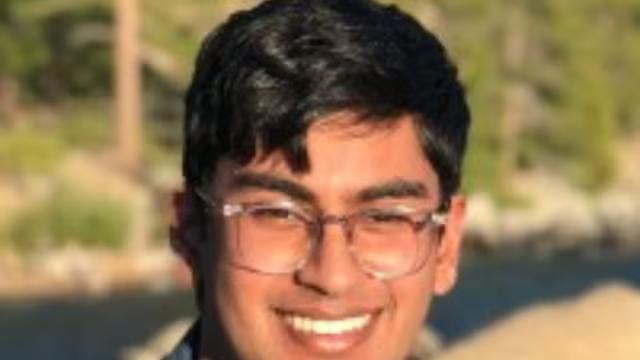
Suchir’s Kin Rejects Final Autopsy Report, Sends ‘Hair’ for Test
The mysterious death of OpenAI whistleblower Suchir Balaji has taken a new turn as his family has rejected the final autopsy report, which concluded that he died by suicide. The family has expressed their discontent with the report, citing “tons of inconsistencies” and has decided to continue their investigation into the circumstances surrounding Suchir’s death.
For those who may not be familiar with the case, Suchir Balaji was a researcher at OpenAI, a leading artificial intelligence research organization. In October last year, he flagged ethical concerns regarding the company’s practices, specifically the potential misuse of AI technology. Shortly after, he was found dead in his apartment in November.
The investigation into Suchir’s death was conducted by the Los Angeles County Coroner’s Office, which concluded that he died by suicide. However, Suchir’s family has always maintained that his death was suspicious and has been pushing for a thorough investigation.
In a recent statement, Suchir’s family revealed that they had rejected the final autopsy report and were sending a sample of hair found at his apartment for testing. The family claimed that the hair sample could provide crucial evidence in determining the cause of Suchir’s death.
“We are still trying to understand what happened to Suchir,” said the family in a statement. “The autopsy report has tons of inconsistencies, and we are not convinced that it is accurate. We have sent the hair found at the apartment to a private lab for testing, and we are waiting for the results.”
The family’s decision to send the hair sample for testing is a significant development in the case, as it could potentially provide evidence of foul play or alternative explanations for Suchir’s death. The fact that the family is still seeking answers and is not satisfied with the official investigation is a testament to their determination to get to the truth.
The case of Suchir Balaji’s death has sparked widespread concern and outrage, particularly among those who knew him and were familiar with his work. Many have questioned the official investigation and have called for a more thorough and transparent inquiry into the circumstances surrounding his death.
The family’s rejection of the autopsy report and their decision to send the hair sample for testing is a crucial step in ensuring that justice is served and that the truth about Suchir’s death is revealed. It is a testament to the family’s commitment to uncovering the truth and to their desire to honor Suchir’s memory.
As the investigation into Suchir’s death continues, it is essential that the authorities take the family’s concerns seriously and conduct a thorough and transparent inquiry. The public deserves to know the truth about Suchir’s death, and the family has a right to know what happened to their loved one.
In conclusion, the case of Suchir Balaji’s death is a tragic and disturbing reminder of the importance of transparency and accountability in investigations. The family’s rejection of the autopsy report and their decision to send the hair sample for testing is a crucial step in ensuring that justice is served and that the truth about Suchir’s death is revealed.
We will continue to follow this story and provide updates as more information becomes available.






